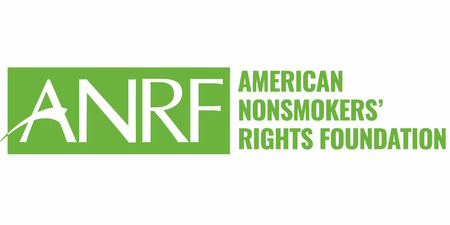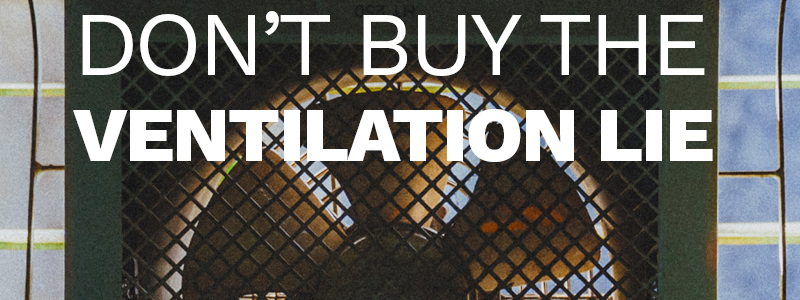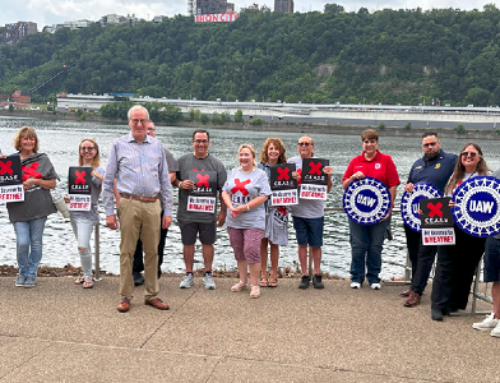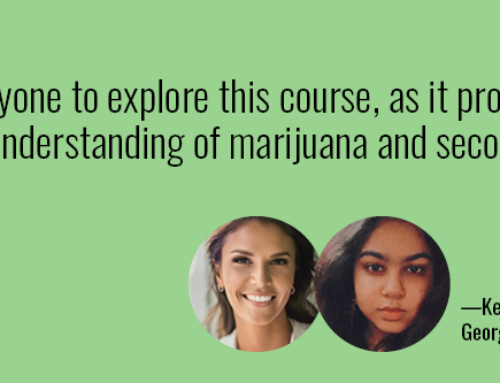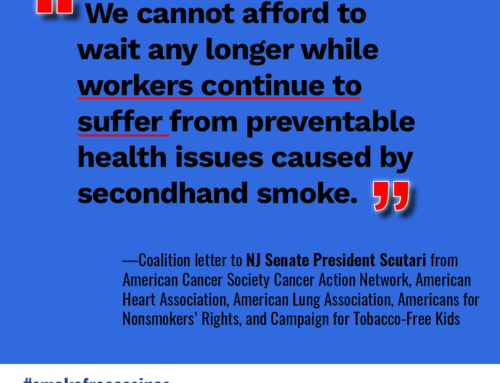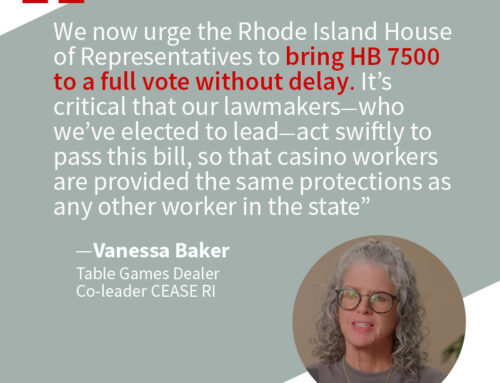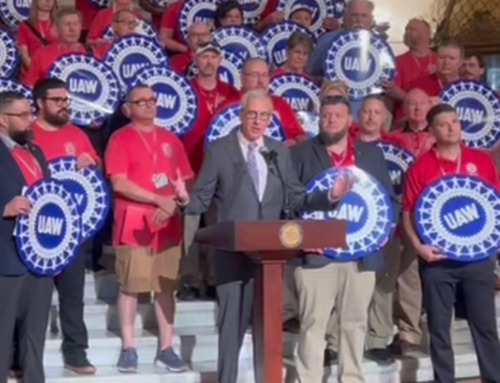Don’t believe Big Tobacco’s ventilation lie—even if wrapped up in “new” technology
Recently we’ve noticed a resurgence of misleading claims by ventilation companies falsely purporting to address secondhand smoke in hospitality settings such as casinos and bars.
The science is clear: There is no safe level of exposure. No amount of ventilation or filtering can eliminate the health risks of secondhand smoke.
Even sophisticated ventilation systems in hospitality settings do not protect people from the health impact of secondhand smoke, marijuana secondhand smoke, and secondhand vapor emissions from e-cigarettes. False claims of being able to “clean” the air by filtration or using other chemicals are not a substitute for clean air. This is affirmed by all leading health agencies, including the Office of the Surgeon General.
Secondhand smoke has what is called a “non-linear dose response.” This means even a little exposure goes a long way in terms of health risks, especially to the cardiovascular system. Even short term exposure can trigger a heart attack or stroke, as well as asthma attacks. Longer term exposure significantly increases the risk of heart disease, cancer, and other chronic and respiratory diseases.
Everyone deserves the right to breathe smokefree air in their job and home.
More about Secondhand Smoke
Secondhand smoke is a top preventable cause of disease, healthcare costs, and early death in the U.S.
Secondhand smoke exposure contributes to approximately 41,000 deaths among nonsmoking adults and 400 deaths in infants each year.
Secondhand smoke causes stroke, lung cancer, and coronary heart disease in adults. Children who are exposed to secondhand smoke are at increased risk for sudden infant death syndrome, acute respiratory infections, middle ear disease, more severe asthma, respiratory symptoms, and slowed lung growth.
More about Gaps in Protections from Secondhand Smoke
Read more about the gaps in smokefree protections and where people are most at risk in hospitality settings in Nevada, in our state report: Bridging the Gap Nevada-Gambling With Workers’ Health.
